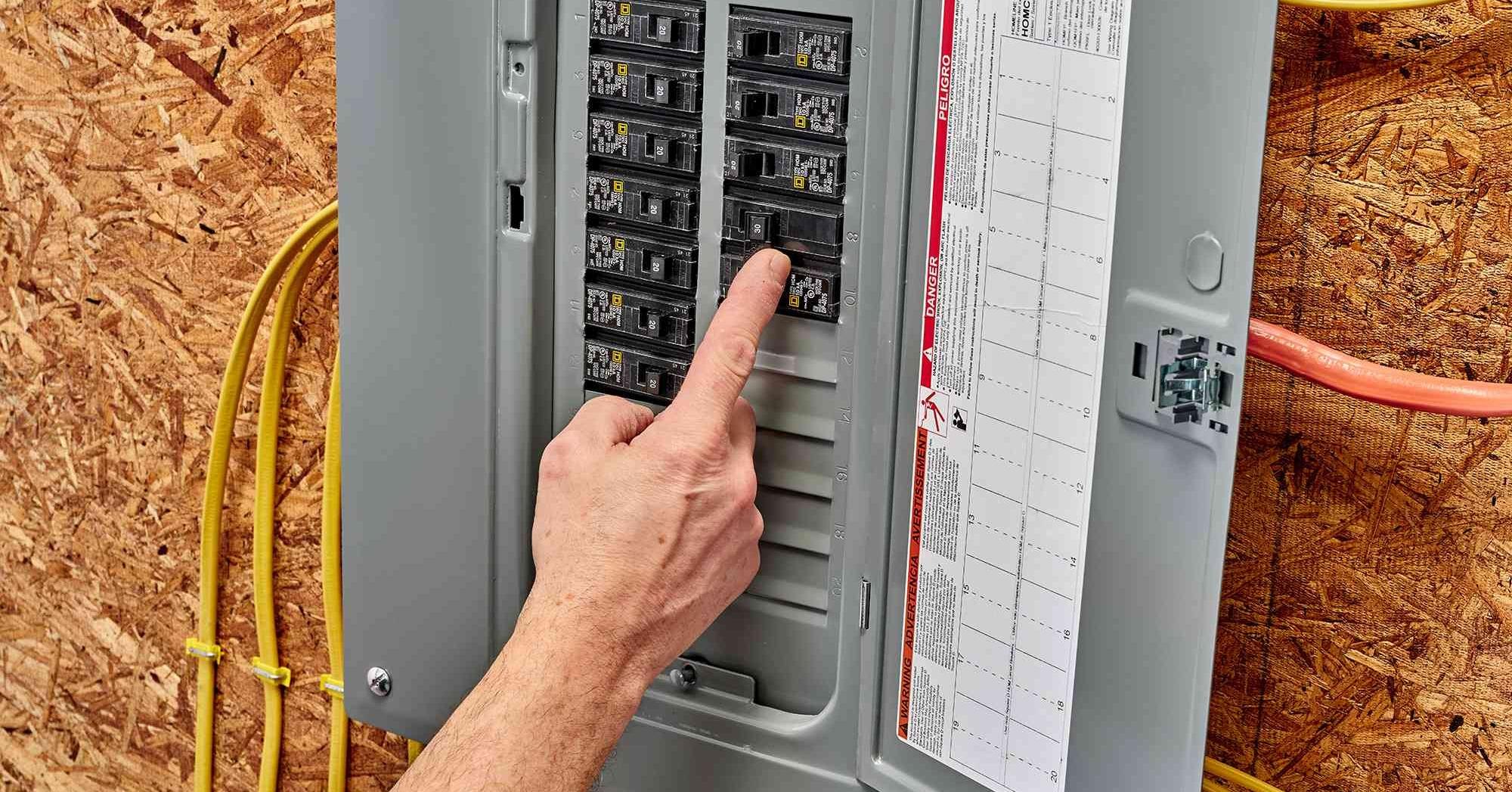Are you curious to know what is a branch circuit? You have come to the right place as I am going to tell you everything about a branch circuit in a very simple explanation. Without further discussion let’s begin to know what is a branch circuit?
In the intricate network of electrical systems, branch circuits serve as essential pathways, delivering power to individual outlets, appliances, and devices within buildings or residences. These circuits form the foundation of electrical distribution, allowing safe and efficient power supply to specific areas or equipment. Join us as we unravel the significance, functionality, and role of branch circuits in powering our everyday spaces.
What Is A Branch Circuit?
A branch circuit refers to a segment of an electrical system that branches off from the main circuit to supply power to specific electrical devices or outlets. These circuits typically originate from the main electrical panel or distribution board and serve individual areas, rooms, or appliances within a building.
Key Components And Characteristics:
- Circuit Breakers or Fuses: Branch circuits are protected by circuit breakers or fuses located in the main panel. These safety devices monitor and interrupt the flow of electricity in case of overload or short circuits, preventing potential hazards.
- Wiring and Conductors: Each branch circuit consists of conductors, typically copper or aluminum wires, that carry electrical current from the main panel to outlets or devices. These wires are sized according to the circuit’s intended load and requirements.
- Outlets and Receptacles: The endpoint of a branch circuit includes outlets or receptacles where electrical devices or appliances are connected to receive power. These outlets can vary, catering to specific needs such as standard outlets, GFCI (Ground Fault Circuit Interrupter) outlets for safety, or specialized outlets for higher-power appliances.
Functionality And Applications:
- Room and Area Specificity: Branch circuits allow for the allocation of power to specific areas or rooms within a building, enabling tailored electrical supply according to the demands of each space.
- Load Management: By distributing power across various circuits, the electrical load on the system is managed, reducing the risk of overload and enhancing safety.
- Flexibility and Customization: Electricians can design and install branch circuits to accommodate different power requirements, ensuring optimal functionality and efficiency for various appliances and devices.
Get more information about cast on Starcasto.
Safety And Compliance:
Adherence to electrical codes and safety standards is crucial when installing and maintaining branch circuits. Proper sizing of conductors, installation of protective devices, and compliance with local regulations ensure the safety and reliability of electrical systems.
Conclusion:
Branch circuits serve as vital conduits in the intricate web of electrical systems, channeling power to specific areas and devices within buildings or residences. Their role in safely distributing electrical energy to outlets, appliances, and equipment underscores their significance in powering our everyday spaces. As a fundamental component of electrical distribution, branch circuits exemplify the importance of precision, safety, and functionality in providing reliable electrical supply to meet the diverse needs of modern spaces.
FAQ
What Is A Branch In Electrical Circuit?
Branch – Branches are the connections between nodes. A branch is an element (resistor, capacitor, source, etc.). The number of branches in a circuit is equal to the number of elements.
Is An Outlet A Branch Circuit?
NEC Article 100 “Definitions” defines branch circuit (BC) as “The circuit conductor between the final overcurrent protection device (OCPD) protecting said circuit and the outlet(s).” The same article also defines outlet as “A point on the wiring system at which current is taken to supply utilization equipment.”
What Is The Difference Between A Branch Circuit And A Dedicated Circuit?
A dedicated circuit is designed to ensure enough power is available for a specific appliance without overloading the system. The term “dedicated circuit” is a layman’s term for what the National Electric Code or NFPA 70 calls an “individual branch circuit.”
What Is A Branch Circuit Device?
A branch circuit that supplies energy to one or more outlets to which appliances are to be connected and that has no permanently connected luminaires that are not a part of an appliance. (
I Have Covered All The Following Queries And Topics In The Above Article
What Is A Branch In A Circuit
Preferred Walk-On Benefits
What Is A Branch Circuit
